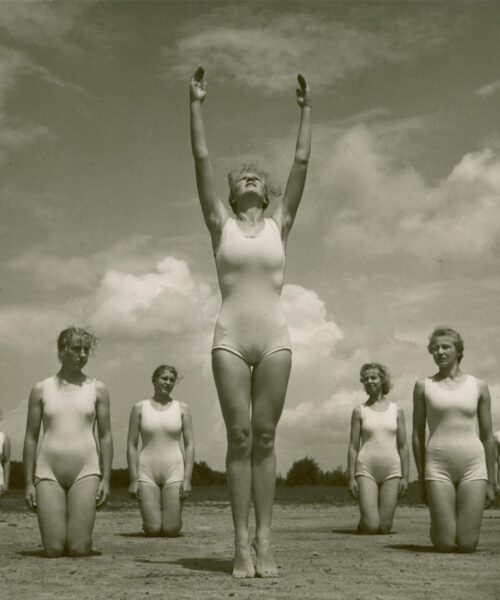Today, in Japan, an ever-increasing number of young people between the ages of 16 and 28 are voluntarily withdrawing from the social world, preferring the comfort and anonymity of their rooms. Surrounded by technological gadgets, surfing the internet, watching videos, they never leave. Food is left outside their doors, and they can stay locked in for months, even years. These individuals are known as “hikikomori,” a term that in Japanese means “withdrawal, confinement.” Currently, there are about 1.2 million hikikomori in Japan, representing 10% of the youth in this age group.
This phenomenon may seem alien to many in the West, but the reality is that elements of hikikomorism are also spreading outside of Japan, fueled by the pervasiveness of technology and the ease with which one can now live in a virtually interconnected world while remaining physically isolated.
Japanese culture, with its rigid social expectations and intense academic and work-related stress, is often seen as a factor that encourages this phenomenon. Many hikikomori are overwhelmed by these pressures, and withdrawal seems to be the only way to escape.
However, the hikikomori phenomenon is dark and complex, not reducible solely to social pressures or the influence of technology. Many experts believe that the phenomenon is also tied to undiagnosed or untreated mental health issues, such as depression or anxiety disorders. In fact, the suicide rate in Japan is among the highest in the world, and there is a connection between the hikikomori phenomenon and collective suicide.
The Greek philosopher Diogenes may seem like an unusual reference in this discussion, but his ideas resonate hauntingly with the hikikomori phenomenon. Diogenes was a cynic, who rejected social values and withdrew from the world. Like Diogenes, many hikikomori seem to reject the “master signifier” – the expectations and norms of society.
Yet, Diogenes sought virtue in simple and natural living, while the hikikomori retreat into a highly technological and artificial world. This distinction is important. While Diogenes rejected society, he still remained part of the world. The hikikomori, on the other hand, seem to want to completely eliminate the outside world.
The hikikomori phenomenon raises important questions about how our society and culture are evolving in the digital age. If not addressed, the risk is that more and more individuals may choose to withdraw, replacing the real world with a virtual one. The task ahead is to better understand these trends and find ways to reconnect these people to the outside world, while also supporting their mental health and well-being.












